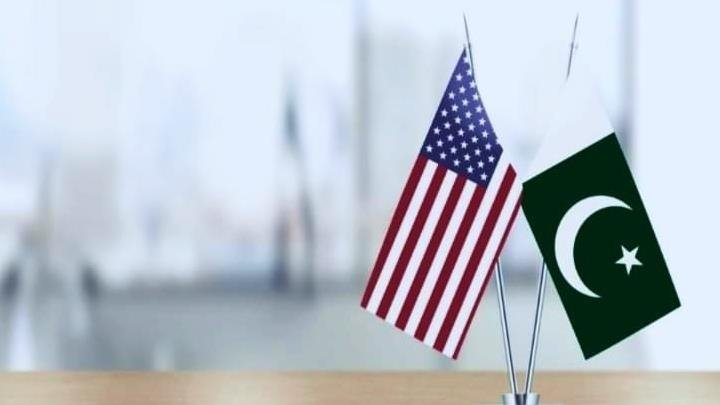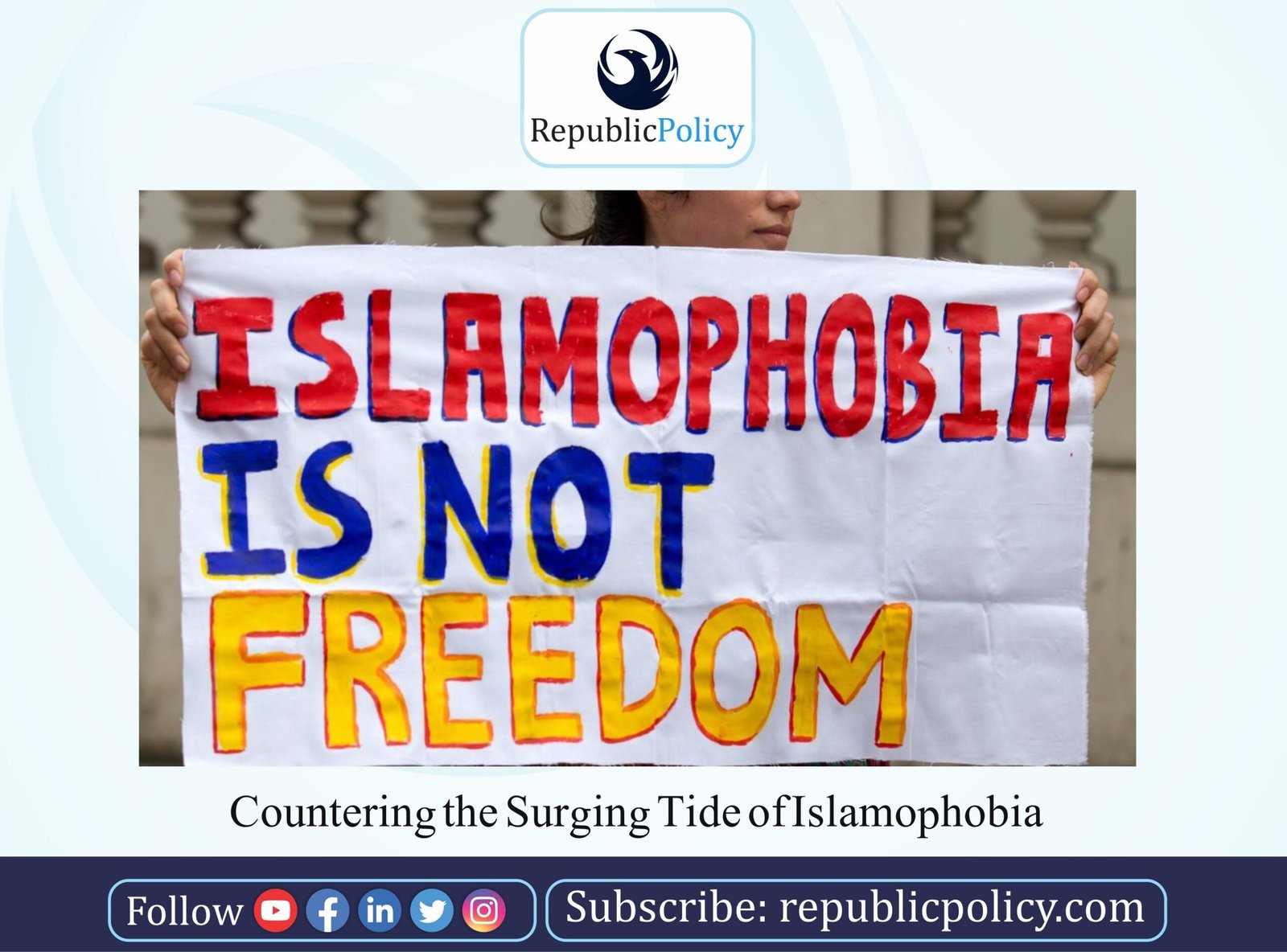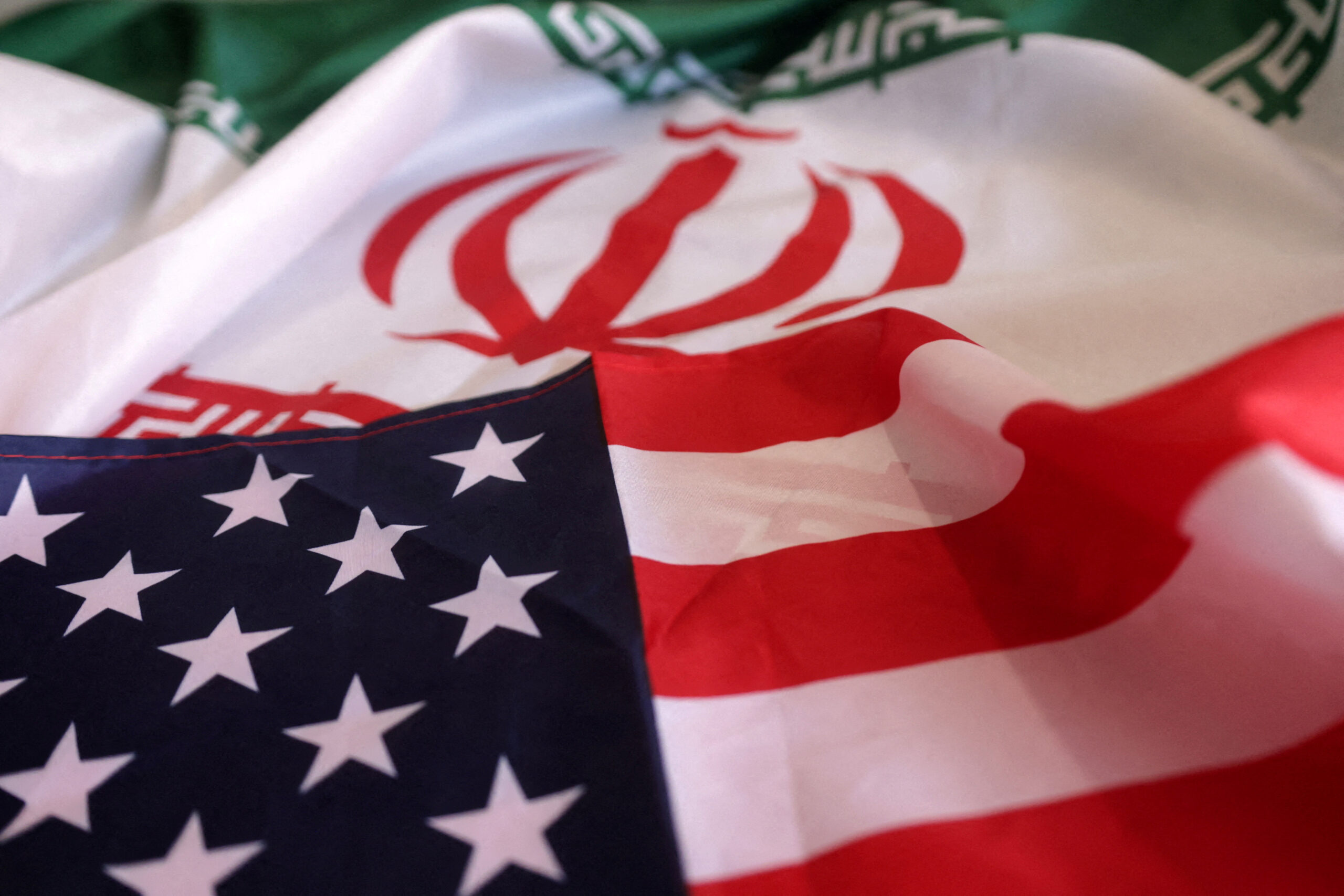Dr Bilawal Kamran
A recent and radical shift in the US and Israeli stance on Palestine has taken the world by shock, exposing a dangerous new direction that threatens to undermine decades of international consensus and Palestinian rights. Israeli Prime Minister Benjamin Netanyahu’s assertion that a “Palestinian state” could be established in Saudi Arabia—rather than the territories of Palestine itself—has caused widespread outrage. This unprecedented claim is in direct contradiction to international law, United Nations resolutions, and the civilizational ethics that have long underpinned the discourse around the Israeli-Palestinian conflict.
This new chapter in the ongoing conflict emerges from a series of increasingly bold and problematic proposals, beginning with former US President Donald Trump’s suggestion to expel Gazans from the besieged strip, turning it into a Middle Eastern riverine, and relocating Palestinians to neighboring Arab states. This disturbing narrative echoes a long-standing policy of denying Palestinians their fundamental rights to land, sovereignty, and self-determination.
Pakistan, in keeping with its historical stance of supporting Palestinian rights, quickly condemned the proposal. The country has taken a strong diplomatic position, aligning with Iran and Turkey to reject the idea, describing it as an utter violation of Palestinians’ legitimate right to an independent state. This swift condemnation is vital, but more concerted action will be necessary to confront the rapidly evolving situation and safeguard Palestinian autonomy.
The latest statements from Netanyahu and other Israeli officials represent a stark departure from the previous position of a negotiated Two-State solution. Netanyahu’s assertion that the Two-State solution is no longer viable, following the October 7, 2023 Hamas attacks, represents an opportunistic distortion of reality. Instead of addressing the human rights abuses Israel has committed in Gaza and the West Bank, this narrative conveniently shifts the blame to the victims—the Palestinians.
This radical revisionism is part of an increasingly xenophobic and expansionist stance that seeks to erase the very notion of Palestinian self-determination. Netanyahu’s government has used the October 2023 attacks as a pretext for abandoning the long-established framework for peace, choosing instead to pursue a policy of territorial annexation, military repression, and ethnic cleansing. The rejection of a Palestinian state within the borders of historic Palestine is not just a shift in policy; it’s a direct attack on the established norms of international diplomacy and human rights.
The International Court of Justice (ICJ) has already indicted Israel for committing acts of genocide, highlighting the severity of its crimes against humanity in Gaza and the West Bank. These charges underscore the need for Israel to be held accountable for its violations of international law, including the fundamental rights of Palestinians to live free from violence and occupation. Netanyahu’s attempts to sideline the Palestinian cause and ignore the consequences of Israeli actions are a direct challenge to global justice and peace.
Former President Donald Trump’s stance on Israel has also contributed to this dangerous environment. His first term in office saw a series of controversial moves that emboldened Israel and further marginalized Palestinian rights. Trump’s recognition of Jerusalem as Israel’s capital and his legitimization of Israeli settlements in the West Bank were not just symbolic gestures—they were concrete actions that violated international law and ignored Palestinian claims to the land.
Trump’s so-called “Peace Plan,” which ultimately sought to carve up Palestine into fragmented pieces under Israeli control, was another clear attempt to undermine Palestinian sovereignty. His backing of Israel’s actions in Gaza, coupled with his orchestrating of the Abraham Accords—which normalized relations between Israel and several Arab countries without addressing Palestinian concerns—cemented his role as a staunch ally of Israeli aggression.
Trump’s misguided policies have had far-reaching consequences, emboldening Israel’s most hardline factions and destabilizing the region even further. As Netanyahu now seeks to advance the idea of creating a Palestinian state in Saudi Arabia, it is clear that the repercussions of Trump’s actions are still being felt—and Palestinians continue to bear the brunt of these policies.
Pakistan, as a key player in the Muslim world, must continue to stand at the forefront of efforts to resist Israeli designs on Palestinian land. The country’s response to the latest Israeli proposals has been strong, condemning the idea of a Palestinian state outside the borders of Palestine and calling for the recognition of Palestinians’ right to self-determination. This stance is in line with Pakistan’s long-standing position of support for Palestinian liberation, which has been a cornerstone of its foreign policy for decades.
Pl watch the video and subscribe to the YouTube channel of republicpolicy.com for quality podcasts:
Pakistan’s condemnation has also been accompanied by proactive diplomatic efforts, particularly in strengthening ties with Iran and Turkey. These countries, alongside Pakistan, represent a powerful bloc of nations in the Muslim world that are committed to resisting Israeli expansionism and standing up for Palestinian rights. The upcoming visit of Turkish President Recep Tayyip Erdogan to Pakistan presents an opportunity for both countries to further solidify their collaboration and develop a clear roadmap for the liberation of Palestine.
The leadership shown by Pakistan in this context is vital. It is important that Islamabad continues to rally international support for Palestine through the Organization of Islamic Cooperation (OIC) and other diplomatic channels. The OIC must play a critical role in denouncing Israel’s actions and advancing the cause of Palestinian liberation at the global level. By working closely with key stakeholders in the Muslim world, Pakistan can help galvanize international opposition to the dangerous Israeli and US proposals and push for a renewed commitment to a just and lasting peace based on the Two-State solution.
While the challenges facing Palestine are immense, there is still hope for a future where Palestinians can live in peace and security within their own state. This vision requires a unified global response to Israel’s ongoing violations of international law and its efforts to erase the Palestinian identity and history.
Pakistan’s commitment to standing with Palestine is commendable, but it must go beyond condemnation. The country must work with its allies in the Muslim world to create a unified front that forces Israel and its backers to reconsider their aggressive policies. International pressure on Israel, combined with unwavering support for Palestinian rights, can help to shift the dynamics of the conflict and create space for a just peace.
The people of Palestine have long suffered under occupation, repression, and violence. Their right to self-determination and an independent state must not be compromised by short-sighted political maneuvering or cynical realpolitik. The international community must renew its commitment to Palestinian liberation and ensure that Israel is held accountable for its crimes against humanity. In this fight, Pakistan has a crucial role to play—not just as a vocal critic of injustice, but as a leader in the global movement for Palestinian freedom.

















